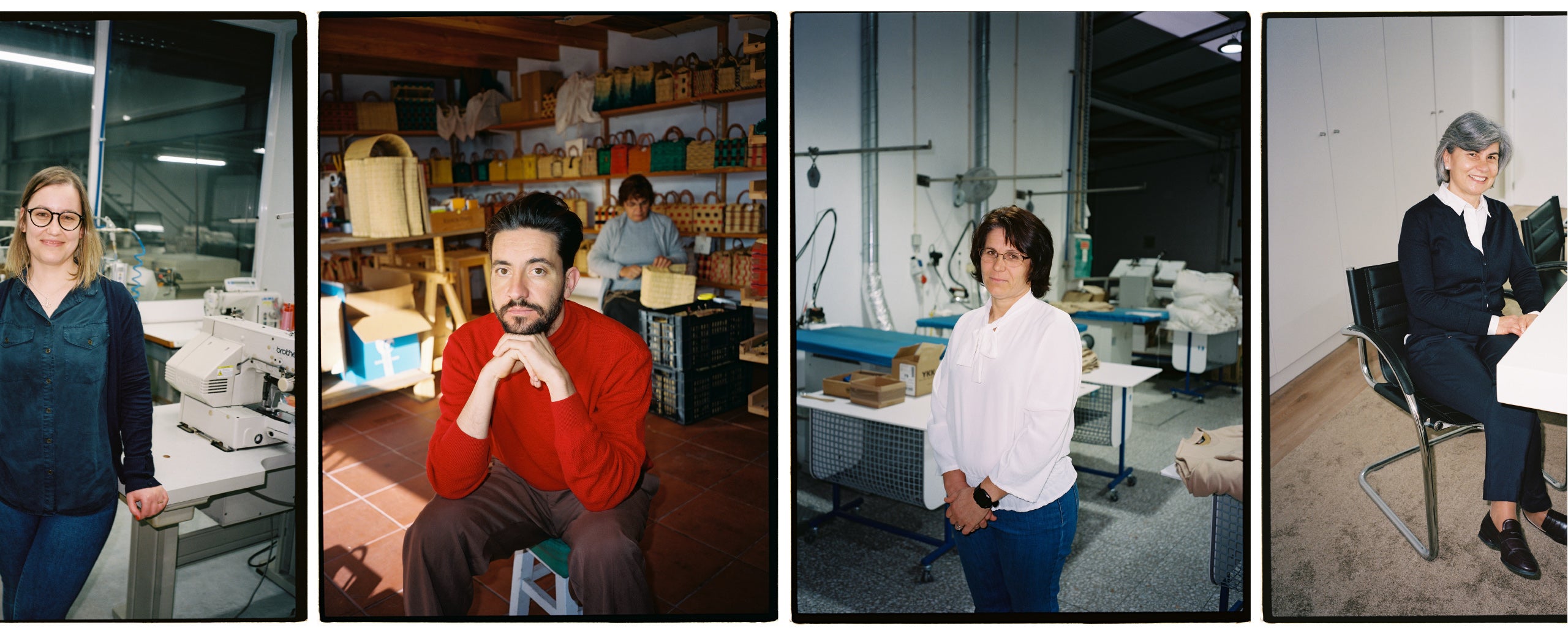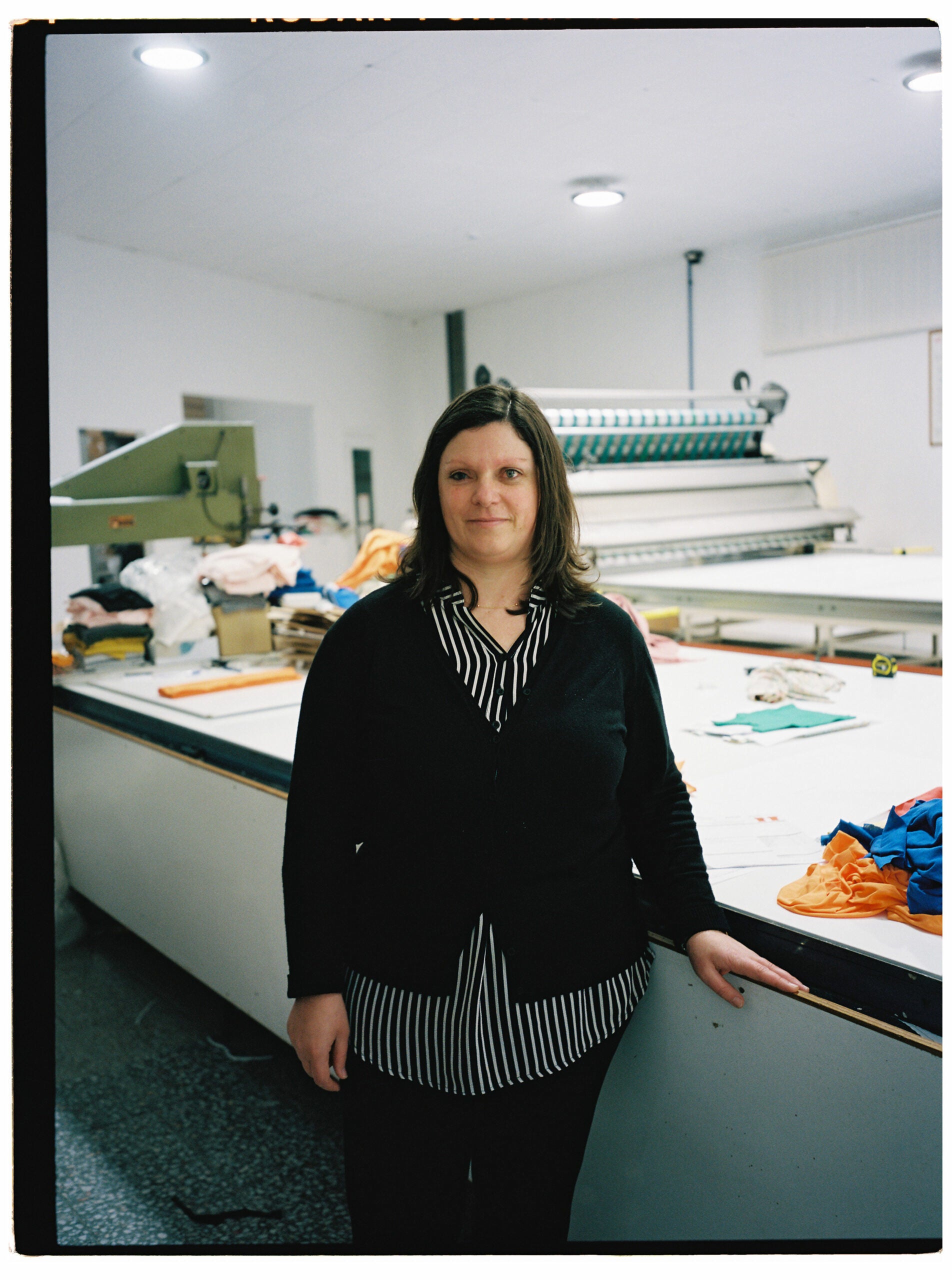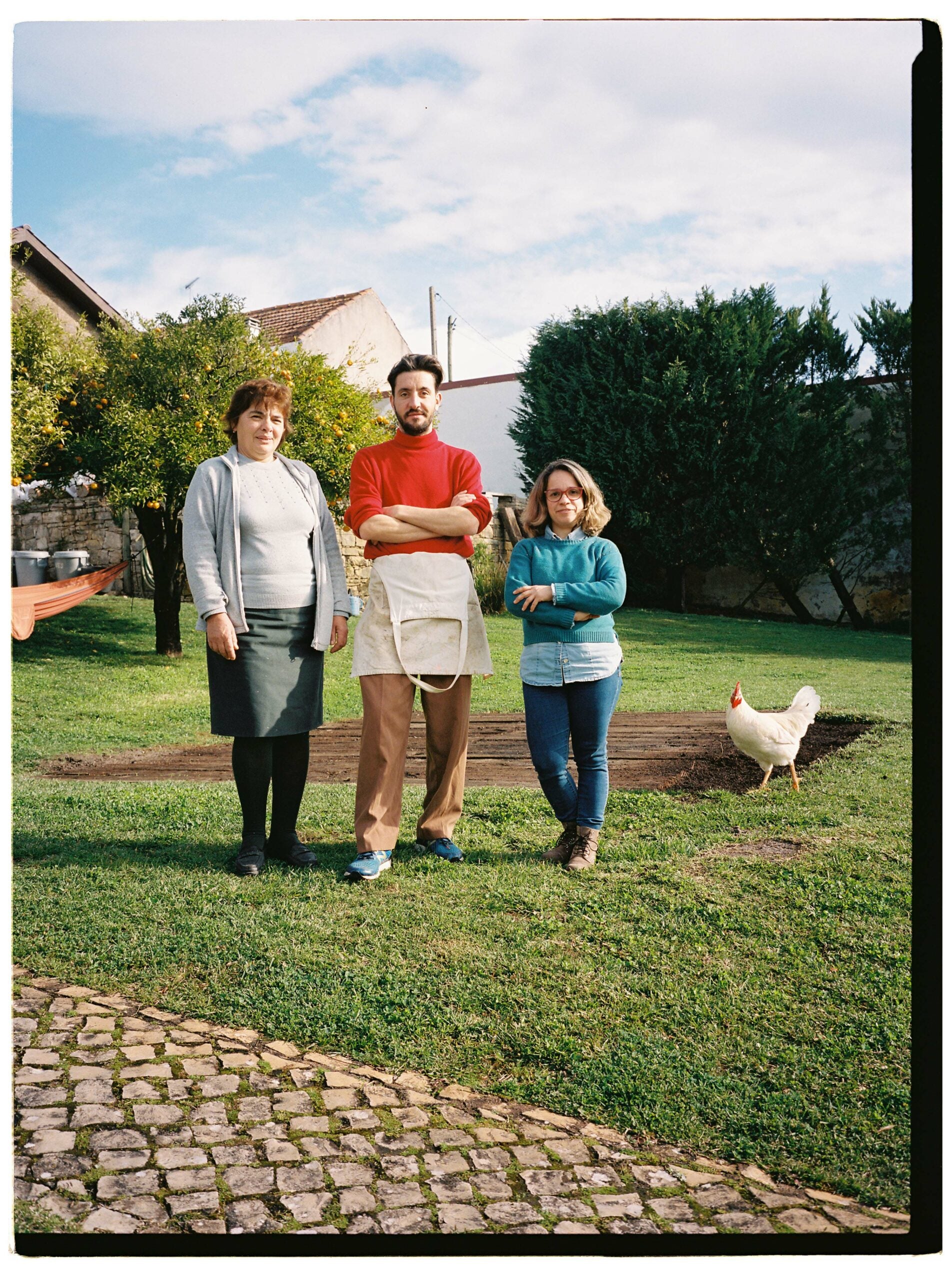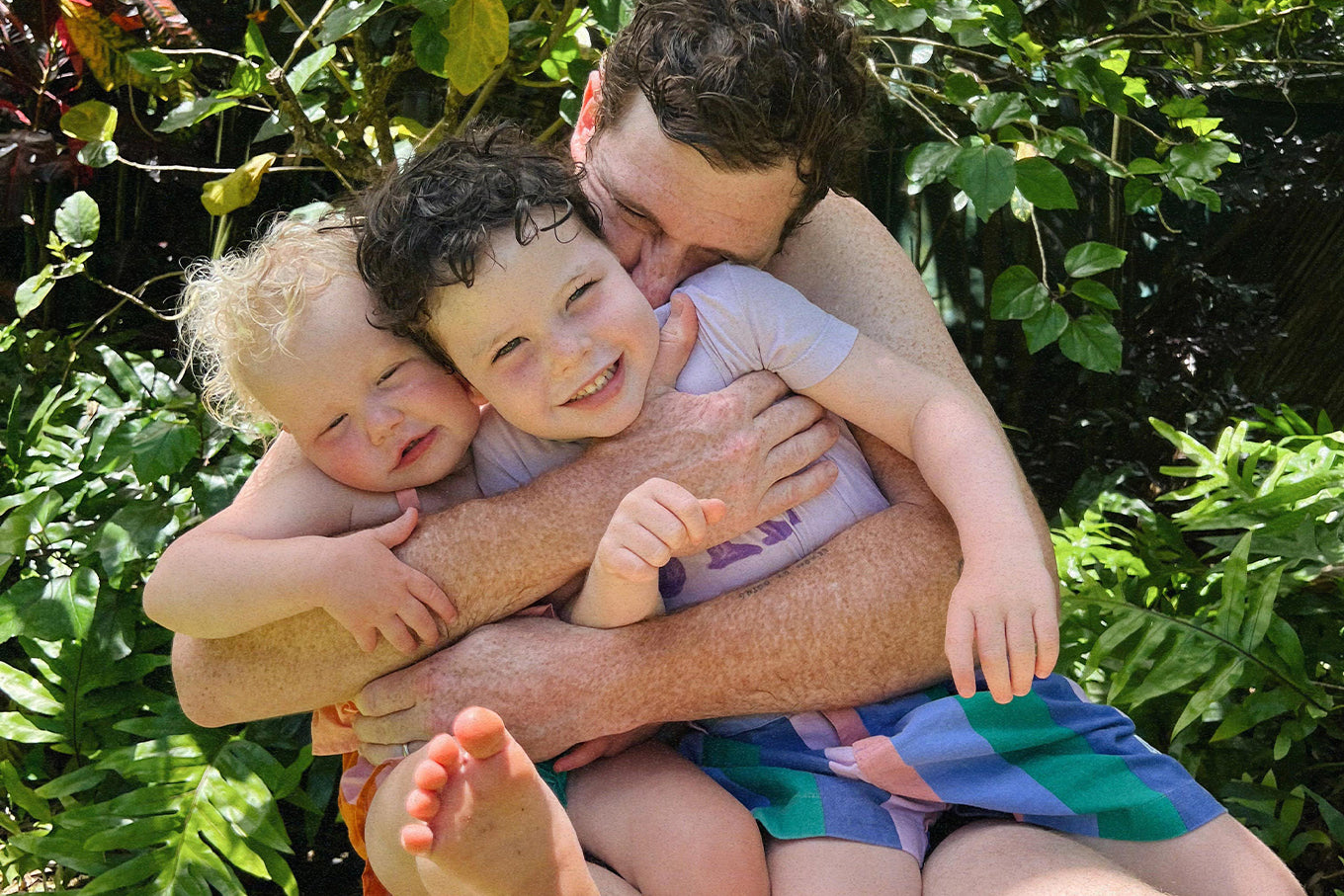How many people would you say are in The Animals Observatory’s clothing production line? Can you imagine how many hands a Rooster T-Shirt or Bear Sweatshirt has gone from being a set of threads to going on sale? Every life is a story with a different voice. At The Animals Observatory we have the privilege of having many thinking hands and minds that turn the creations of the Designer and Creative Director, Laia Aguilar, into reality.
The people who compose, sew, design with machines, check clothes, send productions or coordinate the process. All of them spend many hours of their lives making The Animals Observatory’s clothes possible. For this reason, and also in order to be transparent, the company presented in April the campaign “Who Made My Clothes” on social media, with the aim that the public can put face and voice to all these people and also that they can identify where the factory that makes each of the garments is located. The resulting videos, most of them produced in Portugal, have also been included in each product’s page so that users can easily identify the origins of the garment.
Behind the machines
To make this possible, the company traveled to Portugal, where the vast majority of the manufacturers of the Christmas 22 and Pre Spring 23 collections are concentrated. These are the production companies that have made the clothes of the two main collections of this year.
Located in the north of the country, like almost all the textile production factories in the country, 2Move has been working with us since 2017 and focuses especially on the production of technical parts. The 2Move team has had Sara, Maria Lourdes and Cristina Paula for many years.All three highlight The Animals’ clothing as a differentiating factor.
Let’s leave 2Move to talk about Antonio & Amadeu. This small company, located a few kilometers from its predecessor, has a united work team made up of, among others, Maria José, Helena Juliana, Fernanda Manuela and Cecilia Daniela. They are all united by years of work and a strong sense of camaraderie that they apply daily to their tasks.
Elsa Cristina from Vipaltex.
Family and tradition are the mainstays of Vipaltex, a company that has been working in the clothing sector for more than two generations. Ana Paula inherited the business from her father and has been the first to enter the factory for decades and the last to leave the factory. Not only that, but Maria de Fatima, Elsa Cristina and Ana Luisa have been working there for decades. For some, it has been their first and only job since they graduated.
Crivedi stands out for its good work environment. Part of this good atmosphere is due to the work of two of her veterans: Ana Paula and Maria José. Both, close to retirement, have dedicated their whole lives to sewing and contribute a unique knowledge to the making of the pieces. On the other hand, the Helder of Jesus and Filipe Jorge make it possible for the logistics to work properly and for everything to arrive on time.
Ana Moriz, Nuno Henriques and Sónia Pires from Toino Abel.
The last stop on this trip to meet the Portuguese producers made us stop at Toino Abel. This small company located in a rural area in the south of the country, is made up of four workers who keep alive the tradition of traditional basketry and originating from the small town where they are located: Lareira. There, a group of lovely people make baskets by hand following the steps that Nuno Henriques’ great-grandfather taught his descendants and creating a unique and 100% artisan product.
Although most of the manufacturers of these collections are from Portugal, there are also some in Barcelona. Gavipunt, located in Igualada, has been working with The Animals Observatory since 2016 and specializes in the production of knitwear. Joana and Conrad are two of the people who make it possible for the quality of their clothes to be of the highest standard.
The importance of being transparent
At The Animals Observatory we always flag our slogan #BeAGoodAnimal. In this sense, in an industry often based on overproduction, we believe it is important for customers and the community to have access to information that allows them to know the origin and location of the clothing they buy. The Animals Observatory is firmly committed to ensuring that all its suppliers provide fair working conditions for its workers and that human rights are respected and guaranteed at all times.
Nowadays consumers are being more conscious about the importance of what they buy and, consequently, they demand more information. Fair enough, we want to transparently provide it in order to contribute to a fair purchase. That’s why in the product page of every garment you can find all the information related to each product, just below the shopping button.
Transparency allows shoppers to make better decisions. We believe that by knowing exactly what our company is doing while producing garments, it is easier to keep track and demand more. Transparency is a stepping stone towards a more ethical and sustainable fashion industry.
#BeAGoodAnimal





